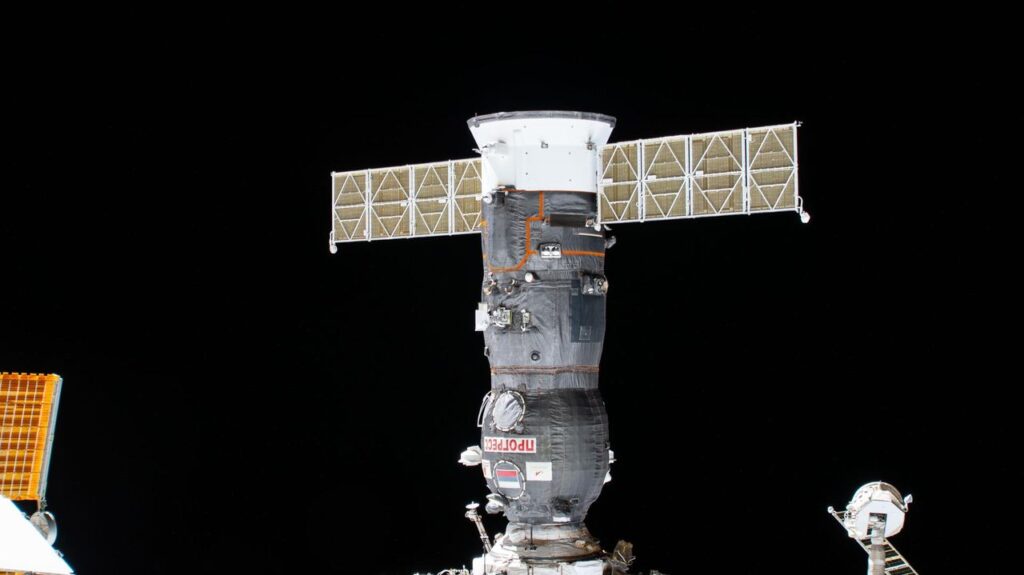
A Russian Progress freighter, designated Progress 93, is set to launch today, September 11, 2023, carrying 2.8 tons of cargo to the International Space Station (ISS). The launch will take place at 11:54 a.m. EDT (15:54 GMT) from the Baikonur Cosmodrome in Kazakhstan. This mission is crucial for replenishing supplies for the astronauts currently aboard the ISS.
The launch vehicle, a Soyuz rocket, will send the robotic Progress 93 into orbit, with live coverage available starting at 11:30 a.m. EDT (15:30 GMT) via NASA and Space.com. This mission is part of ongoing efforts to maintain and support the ISS, which plays a vital role in international scientific research.
Mission Details and Future Docking
If everything proceeds as planned, Progress 93 is scheduled to dock with the Zvezda service module of the ISS on September 13, 2023, at 1:27 p.m. EDT (17:27 GMT). The cargo includes essential supplies such as food and propellant for the crew of Expedition 73, currently residing aboard the space station.
Following the successful docking, live coverage of the event will begin at 12:30 p.m. EDT (16:30 GMT) on the same day. Progress 93 will remain attached to the ISS for approximately six months, during which time it will support the ongoing missions of the astronauts. After its mission concludes, it will depart filled with waste, which will incinerate upon re-entering Earth’s atmosphere.
Upcoming Launches and Comparisons
This launch marks the first of two significant cargo missions planned for this week. Following Progress 93, a Northrup Grumman Cygnus vehicle is scheduled to launch atop a SpaceX Falcon 9 rocket on September 14, 2023, at 6:11 p.m. EDT (22:11 GMT). Similar to Progress, Cygnus is designed for single-use missions, while SpaceX’s Dragon spacecraft can be recovered and reused after its missions.
As space agencies continue to develop and deploy new technologies for cargo transport, the collaboration among various organizations, including NASA and Roscosmos, remains pivotal for the success of ISS operations and the advancement of space exploration.







